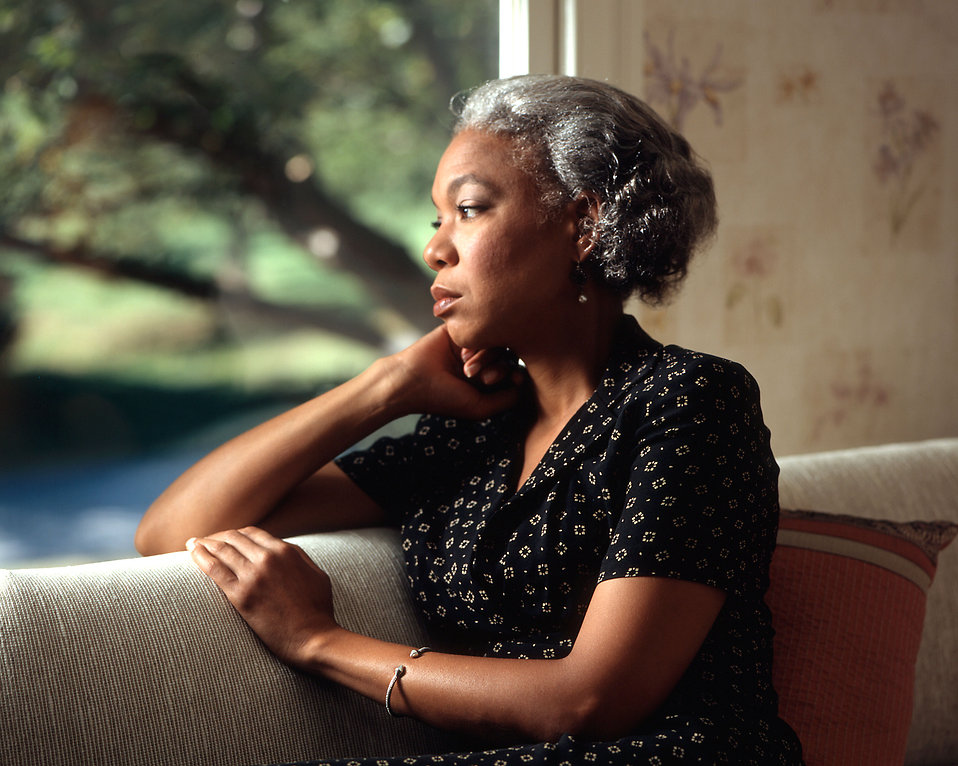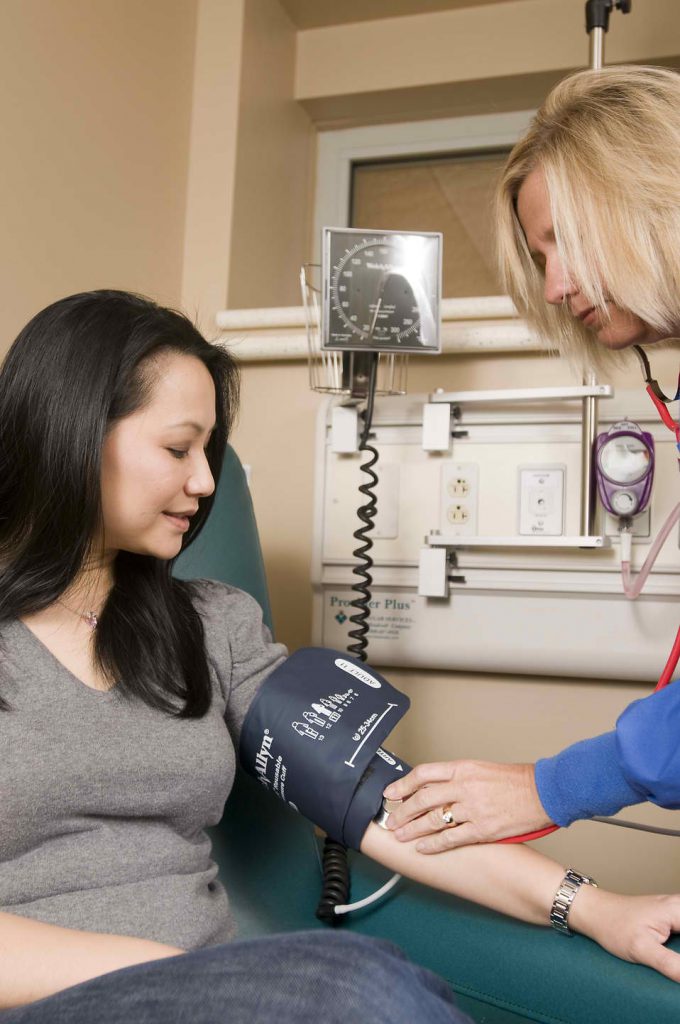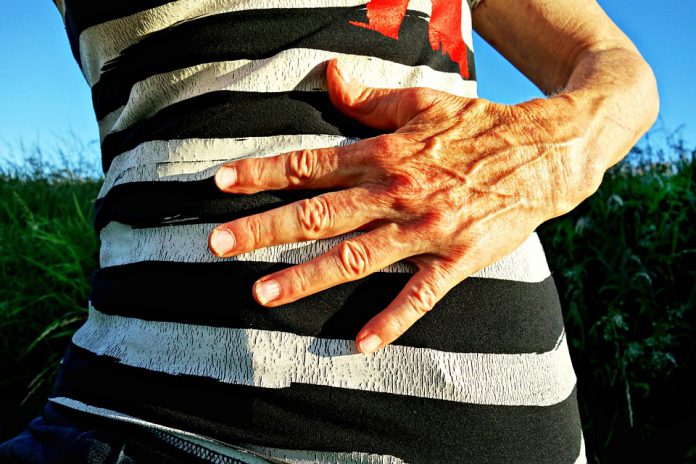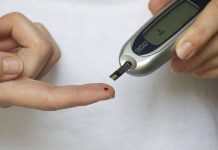“If your periods have stopped, ovary pain during menopause is likely from another cause.”
Menopause is that time of life when your periods end because your body stops producing the female hormone estrogen. You’ve experienced cramps and pain around the uterus and ovaries for years because of physiological changes that cause the shedding of the lining of the uterus.
Most women welcome menopause symptoms as it means an end to all that discomfort. But what if you are continuing to have cramps and ovary pain? If your periods have stopped, ovary pain during menopause is likely from another cause.
What Causes Ovary Pain During Menopause?

Perimenopause is a period of up to about a year when your periods will start to taper off. You’ll still have some cramps and bleeding. This signifies that your periods aren’t quite over with. Complicating the matter is the fluctuations of the hormones estrogen and progesterone. This can add to your pain and discomfort. You’ll likely experience other menopause symptoms such as hot flashes, vaginal dryness, night sweats, and mood swings or irritability.
There are several conditions that can cause pain in the ovaries during or after menopause. Endometriosis is a condition that causes tissue that’s normally only found in the uterus to grow in your ovaries or pelvis. Each time you get a period this tissue will swell and cause pain. While most women stop after menopausal symptoms appear, some women report continuing to have symptoms of endometriosis. If you take hormone therapy, estrogen will make the symptoms worse.
“Cancer of the uterus or ovary can cause abdominal pain, but this will also be accompanied by other symptoms like unexplained weight loss, abdominal bloating, vaginal bleeding, and fatigue.”
Uterine fibroid can also be a source of abdominal pain. These growths, usually non-cancerous form in the wall of the uterus. Most fibroid begin earlier in life, but it is possible for them to form in women during their 50s. Although fibroid usually stop growing or shrink, many women report problems after their periods have stopped.
Cancer of the uterus or ovary can cause abdominal pain, but this will also be accompanied by other symptoms like unexplained weight loss, abdominal bloating, vaginal bleeding, and fatigue. Other symptoms to be aware of in addition to cramps and pain include lower back pain, fatigue, swollen legs, and pain during urination, sex, or bowel movements.
Should You Worry About It?

Often times abdominal pain does not indicate a serious condition. Since your ovaries are in the abdominal region, the pain could be coming from something else. Keep in mind that gastrointestinal ailments such as food poisoning, a stomach virus, or irritable bowel syndrome can cause abdominal pain and cramping. They can even pop up after eating certain foods or when under stress.
If you are still in the perimenopausal stage, treat cramps as you would during any period while they taper off. Over-the-counter pain meds such as ibuprofen or acetaminophen can help. A heating pad or hot water bottle can soothe discomfort. Sometimes walking or other exercises can relieve discomfort along with easing stress which can make cramps worse.
Keep in mind that taking estrogen to ease menopausal symptoms and a family history of ovarian or uterine cancer are risk factors for you. Other things to consider are getting your period before age 12, cessation of periods after age 52, and the use of an IUD for birth control. Discuss any of these risk factors with your doctor.
When to See a Doctor?
“A postmenopausal woman’s health needs change. Your doctor is your best source for tips on staying in optimal health during this time.”

If you’ve ruled out causes such as gastrointestinal ailments and your periods have stopped for several months, a trip to the doctor is warranted to see what’s going on. Your doctor or OB-GYN can do a pelvic exam to determine any physical problems that could be causing your pain. Discuss any other symptoms such as weight loss, bloating, or spotting.
A CT scan, MRI, hysterosonography, and hysteroscopy are tests that doctors use to examine your uterus and ovaries. If cancer is suspected, you’ll need a biopsy, a procedure that removes a piece of tissue to be examined by a pathologist. Harmless ovarian or uterine cysts, fibroid, and endometriosis can be treated with medications and surgery.
A postmenopausal woman’s health needs change. Your doctor is your best source for tips on staying in optimal health during this time. Ovary and uterine pain should definitely be addressed after your periods have stopped. Rest assured that most of the time, these pains are not due to a serious condition.
Sources & References:
https://www.healthline.com/health/menopause/cramps-after-menopause#outlook





















